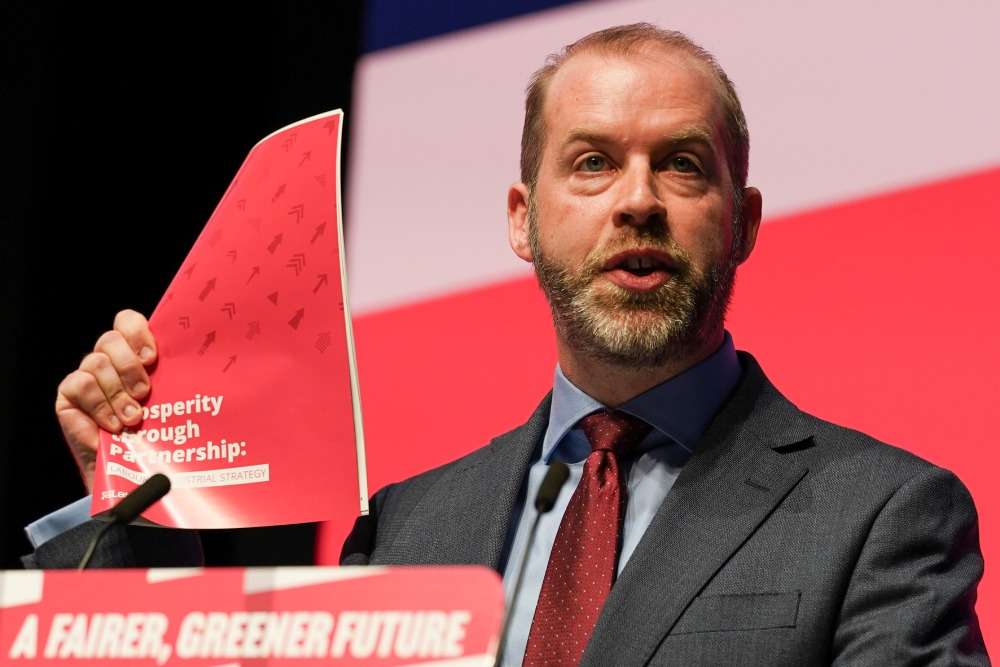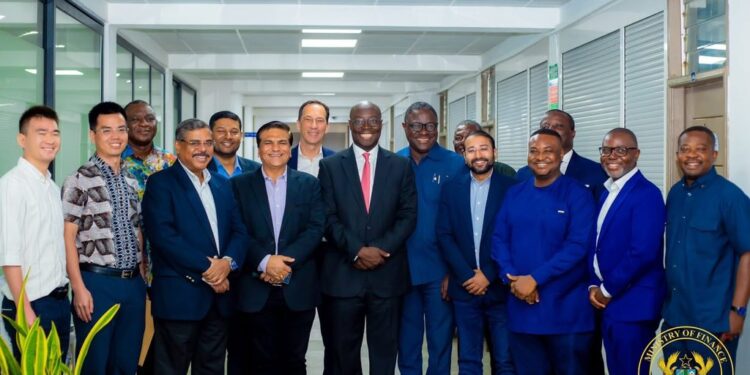In a move that could significantly impact global trade, U.S. President Donald Trump has imposed a 10% tariff on UK imports, prompting a firm response from British Prime Minister Keir Starmer.
Addressing business leaders at an early morning meeting in Downing Street, Keir Starmer pledged to act solely in Britain’s best interests following the U.S. decision.
“Last night the president of the United States acted for his country, and that is his mandate. Today, I will act in Britain’s interests with mine.”
Prime Minister Keir Starmer
While the UK faces a 10% tariff, it has fared better than other regions, with China hit by a 54% tariff and the European Union subjected to 20%. However, a previously announced 25% tariff on British car imports into the U.S. officially took effect at 5 a.m. on Thursday, raising concerns over the potential economic fallout.
Starmer acknowledged the broader implications of the tariffs, noting, “Clearly, there will be an economic impact from the decisions the U.S. has taken, both here and globally.” Despite this, he assured business leaders that the government is ready to navigate the challenge.
“I want to be crystal clear: we are prepared. Indeed, one of the great strengths of this nation is our ability to keep a cool head.”
Prime Minister Keir Starmer
As the UK moves “to the next stage of our plan” following unsuccessful negotiations to prevent tariffs, Starmer reaffirmed that his decisions would be made “in the interests of our economy, in the interests of businesses around this table, in the interests of putting money in the pockets of working people.“
Negotiating a Trade Deal Remains a Priority
Business Secretary Jonathan Reynolds emphasized that trade talks remain ongoing. “My job is not done.” However, he refrained from predicting whether the tariffs could lead to a global recession, maintaining that the UK has safeguards in place to prevent an overflow of redirected goods into the British market.
“What we have directly within our power is, of course, the ability to negotiate a better deal in the national interest for the UK. That’s been our approach to date and we’ll continue with that.”
Business Secretary Jonathan Reynolds

Meanwhile, Conservative Shadow Home Secretary Chris Philp criticized the government for being “very slow” in initiating trade discussions with the U.S. He argued that talks should have started immediately after Trump was elected in November 2024, rather than waiting until his official inauguration at the end of January.
Philp pointed to the lower UK tariff rate compared to the EU as “one of the benefits of Brexit.” However, he conceded that the 25% levy on UK car exports is “very, very serious” and could have a “bad news” impact on the national economy.
Economic Impact and Continued Negotiations
The UK government has endured a rollercoaster of expectations, shifting from hopes of avoiding tariffs to the realization that they were inevitable. Now, attention turns to assessing how severely the British economy will be affected.
A Downing Street source confirmed that the government remains committed to trade talks, stating, “We will keep negotiating, keep cool and calm,” and reiterating Sir Keir’s aim to “negotiate a sustainable trade deal.“
“Of course, we want to get tariffs lowered. Tomorrow we will continue with that work.”
Downing Street Source
Another government insider suggested that the UK’s 10% tariff rate signals that “the UK is in the friendliest club, as much as that is worth anything.“
For now, the government is bracing for a period of heightened economic uncertainty, determined to secure a trade deal that mitigates further financial strain.
READ ALSO: Artist Calls out Hypocrisy in Gospel Music Support for Secular Artists





















